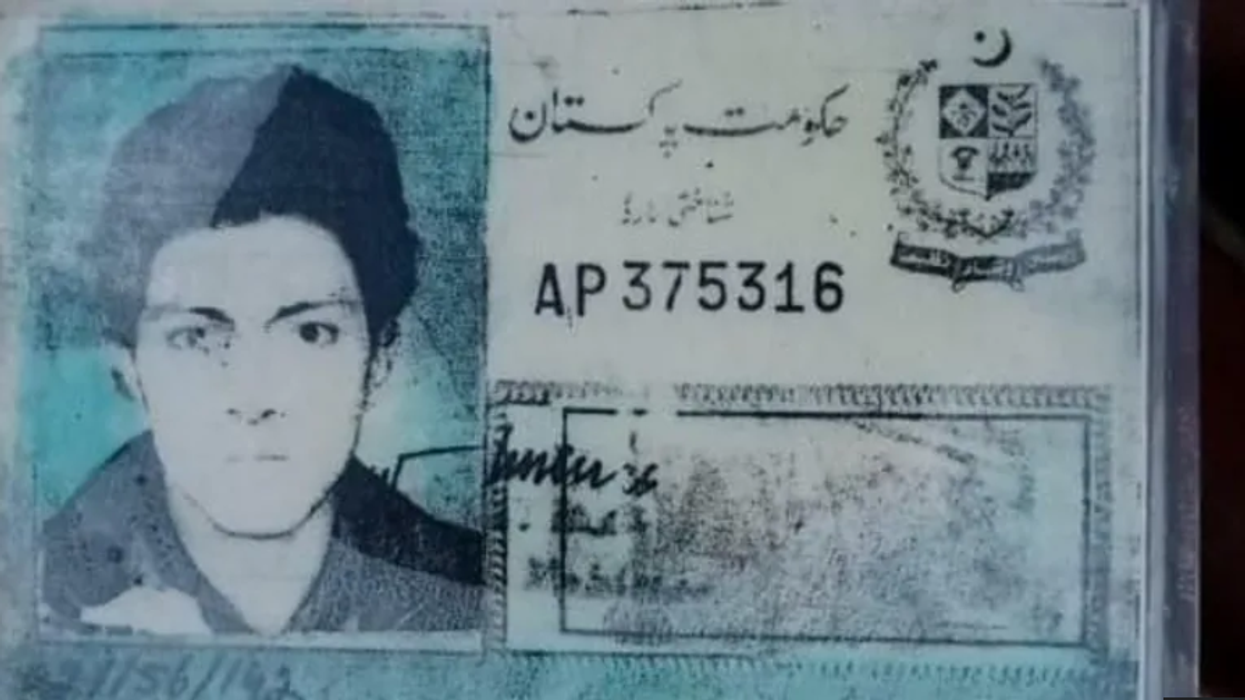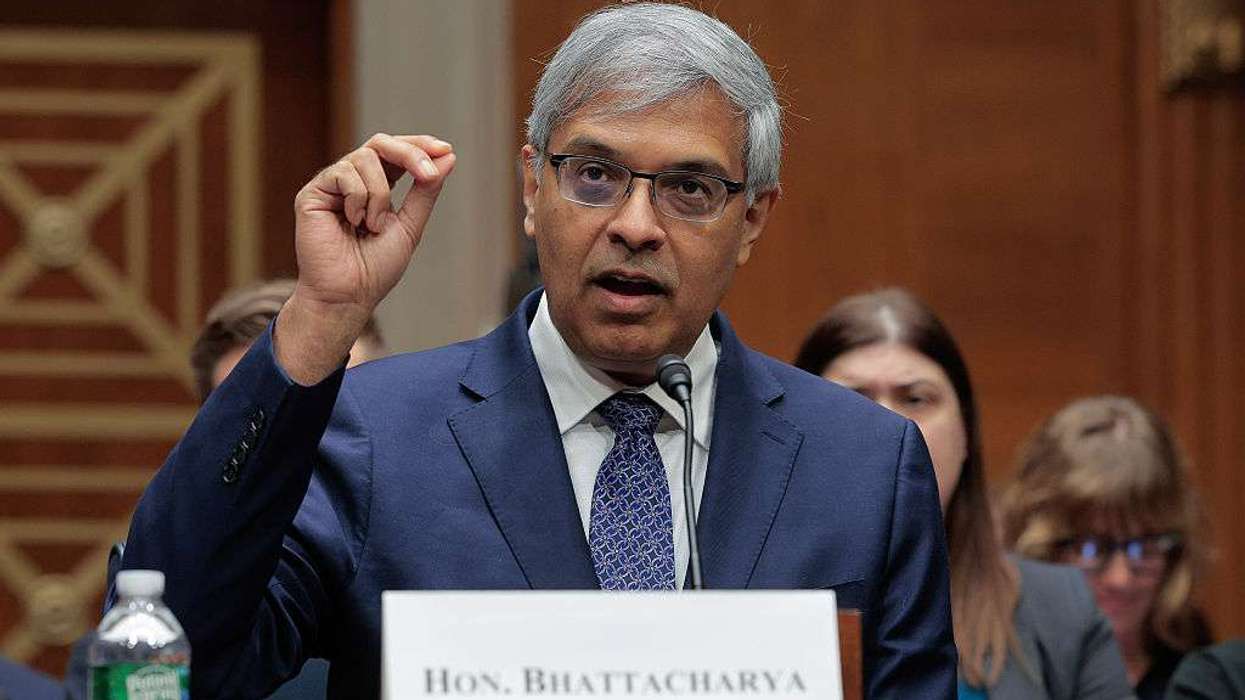THE family of a Pakistani man whose body was discovered on a melting glacier after 28 years said on Thursday (7) that finding him had brought them some relief from decades of uncertainty.
The remarkably well-preserved remains of 31-year-old Nasiruddin were spotted by a local shepherd near the edge of the shrinking Lady Meadows glacier in Pakistan's remote Kohistan region on July 31.
According to experts, finding the body shows how climate change is making Pakistan's glaciers melt quickly, uncovering things that have been trapped in ice for almost 30 years.
Nasiruddin, who used only one name, had disappeared in June 1997 while travelling with his brother through the mountainous region. The two men had fled their village after a family dispute and were making their way through the treacherous terrain on horseback when tragedy struck.
"Our family left no stone unturned to trace him over the years," Malik Ubaid, the nephew of the deceased, told AFP over the phone.
"Our uncles and cousins visited the glacier several times to see if his body could be retrieved, but they eventually gave up as it wasn't possible."
His brother Kathiruddin, who survived the incident, told BBC Urdu that they had arrived in the valley that morning. "Sometime around afternoon, my brother stepped into a cave. When he did not return, I looked for him inside the cave and got help from others in the area to search further. But we never found him."
The shepherd who made the discovery, Omar Khan, described the shocking find. "What I saw was unbelievable," he was quoted as saying. "The body was intact. The clothes were not even torn."
Nasiruddin's body was found with his identity card still intact, allowing police to quickly confirm his identity. He was buried on Wednesday (6) following Islamic customs.
Professor Muhammad Bilal, head of the Department of Environment at Comsats University Islamabad, explained how the extreme cold had preserved the body. When a human body falls into a glacier, he said, the freezing temperatures prevent decomposition, and the body becomes mummified due to lack of moisture and oxygen.
The discovery comes as Pakistan faces severe climate challenges. The country is home to more than 13,000 glaciers - more than anywhere else on Earth outside the polar regions. However, rising global temperatures linked to climate change are causing these glaciers to melt rapidly.
The Kohistan region, where the outer reaches of the Himalayas stretch, has seen decreased snowfall in recent years. This exposes glaciers to direct sunlight, accelerating the melting process and revealing long-buried secrets.
Nasiruddin had been a husband and father of two children when he vanished. His nephew said the family could now finally find some peace. "Finally, we have got some relief after the recovery of his dead body," Ubaid said.
(with inputs from AFP)





